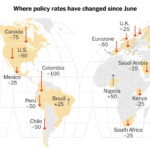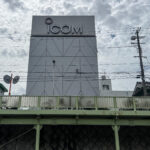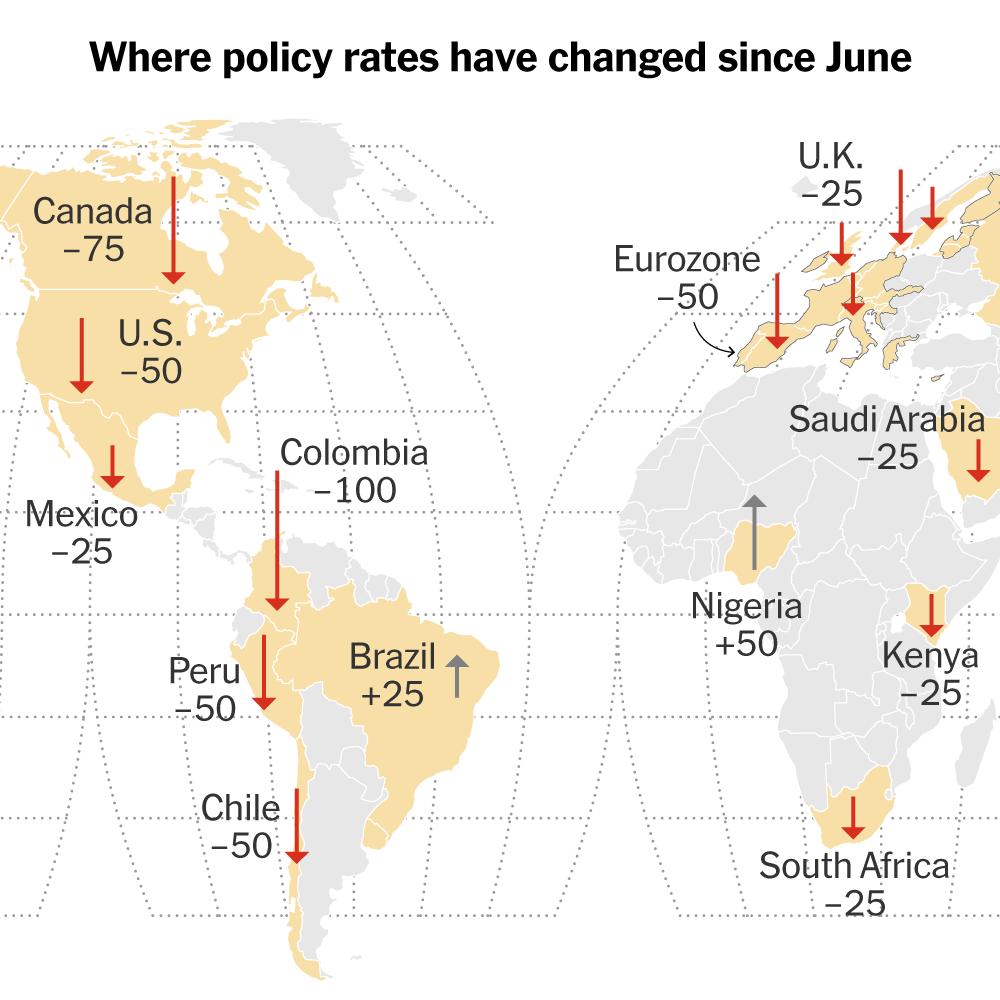After his father set the bar high, Tom Lamont considers the thrills and spills of bringing up his own children – and the home truths he now wishes he could share with his dad
In the middle of some domestic squabble with my kids, not long ago, I tried to explain to them that chores crust over a life like rust, like barnacles. For a few years at the outset, everything’s done for you. By the time you’re a teenager you’re aware of the chores you’re meant to be doing to help yourself and other people, but aware in the sense of a distant, lofty theory. If you eventually become a parent, or if you otherwise become responsible for a child, it means the immediate eruption of a chore-warhead. It means years and years of chore-fallout. It is the least-warned-about part of parenthood – the totality of the childcare, its 24-hour constancy, the confusing wait for a sense of completion that never seems to arrive. There’s a fear of what it will be like if and when the job finishes, when a duty’s discharged. Because what then?
I’ve been pondering this as I move out of the chore-pocalypse phase of raising children. Mine can reach the cupboards now. They know what plug needs to go where, what buttons need to be pressed to summon their shows to the TV or to defrost a bagel. They’ll disappear for hours or more at a time. To where? To overcome how many obstacles without me? I used to know, down to the atom, what bedevilled them. I knew their prejudices, the prompts for their rages, how to placate their omni-hungers. As the work of being the parent stops resembling man-marking in football, or defending against the bullying set piece, it also becomes more cerebral and mysterious, slower chess. Their needs aren’t obvious. It’s been ages since I’ve been able to put out any existential fires with warm milk.
Continue reading… After his father set the bar high, Tom Lamont considers the thrills and spills of bringing up his own children – and the home truths he now wishes he could share with his dadIn the middle of some domestic squabble with my kids, not long ago, I tried to explain to them that chores crust over a life like rust, like barnacles. For a few years at the outset, everything’s done for you. By the time you’re a teenager you’re aware of the chores you’re meant to be doing to help yourself and other people, but aware in the sense of a distant, lofty theory. If you eventually become a parent, or if you otherwise become responsible for a child, it means the immediate eruption of a chore-warhead. It means years and years of chore-fallout. It is the least-warned-about part of parenthood – the totality of the childcare, its 24-hour constancy, the confusing wait for a sense of completion that never seems to arrive. There’s a fear of what it will be like if and when the job finishes, when a duty’s discharged. Because what then?I’ve been pondering this as I move out of the chore-pocalypse phase of raising children. Mine can reach the cupboards now. They know what plug needs to go where, what buttons need to be pressed to summon their shows to the TV or to defrost a bagel. They’ll disappear for hours or more at a time. To where? To overcome how many obstacles without me? I used to know, down to the atom, what bedevilled them. I knew their prejudices, the prompts for their rages, how to placate their omni-hungers. As the work of being the parent stops resembling man-marking in football, or defending against the bullying set piece, it also becomes more cerebral and mysterious, slower chess. Their needs aren’t obvious. It’s been ages since I’ve been able to put out any existential fires with warm milk. Continue reading… Parents and parenting, Family, Life and style






